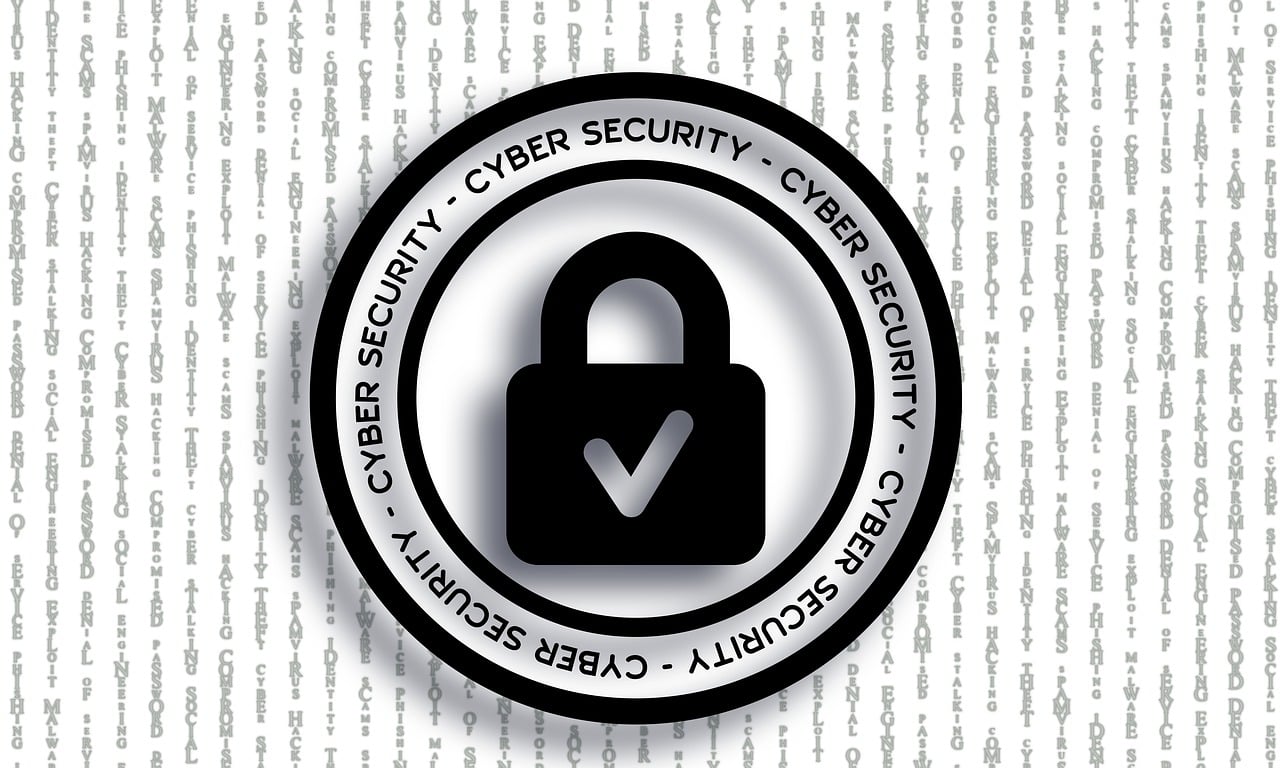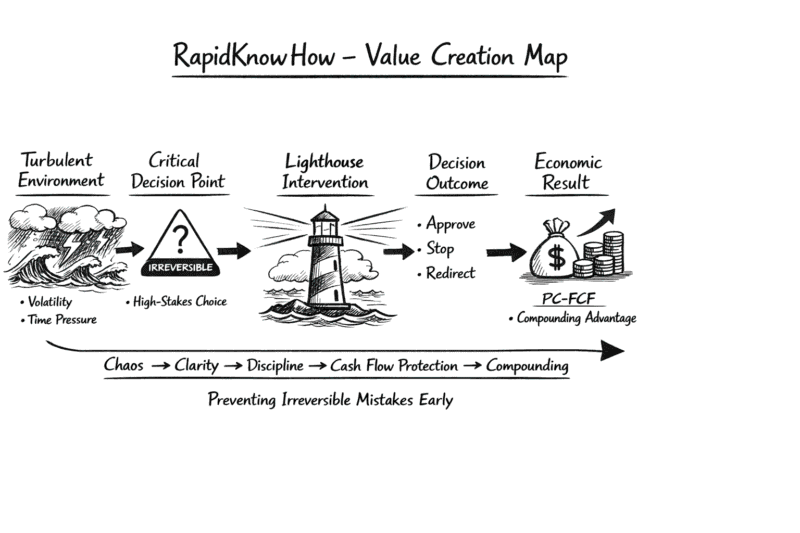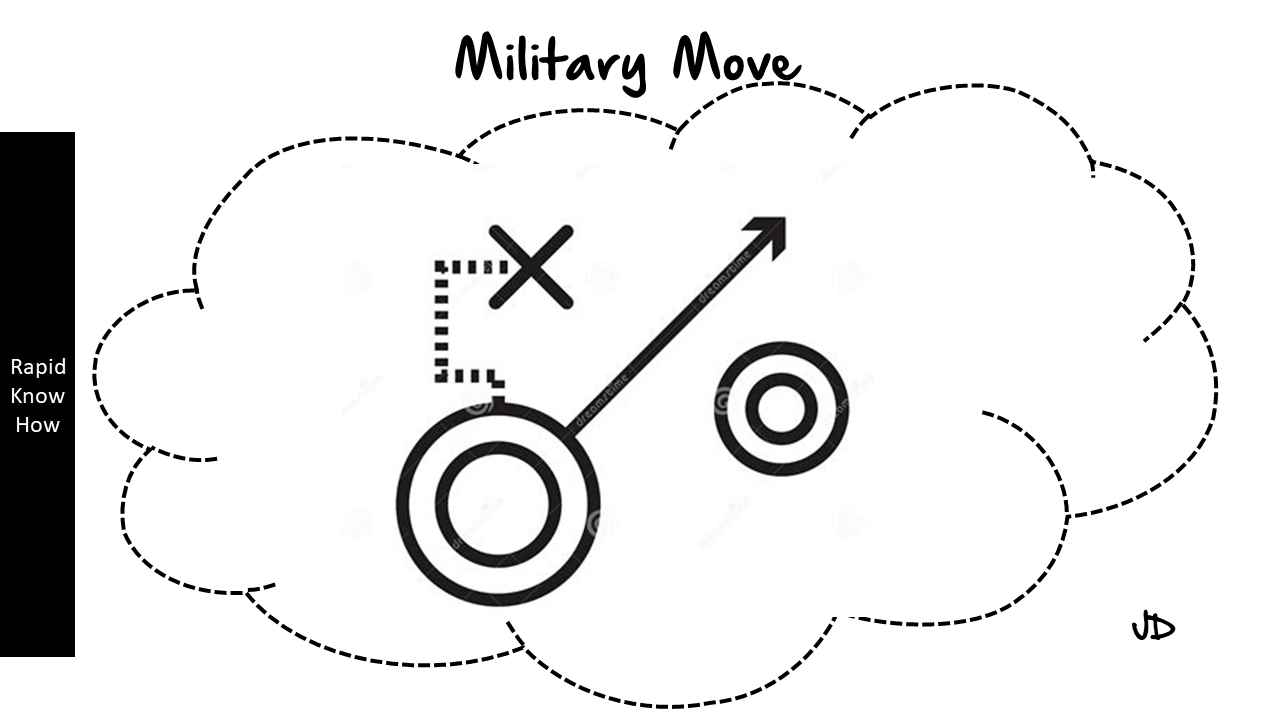Yuval Noah Harari, an influential historian and philosopher, delves into the implications of big data in his works, particularly in “21 Lessons for the21st Century.” He argues that the rise of big data has profound implications for freedom and individual privacy.

Freedom
Harari suggests that the collection and analysis of vast amounts of data can lead to unprecedented levels of surveillance and control. This fundamentally challenges the concept of freedom, as individuals may be monitored in ways that restrict their autonomy and privacy. In a world where personal data is constantly collected, the distinction between public and private life becomes blurred, leading to a society where choices are influenced—or even manipulated—by those who hold power over data.
Big Data is Watching You:
The phrase encapsulates the essence of Harari’s caution regarding the omnipresence of data tracking. Corporations and governments possess the ability to observe behavior patterns, preferences, and even emotions through digital footprints. This constant surveillance can lead to forms of control that were previously unimaginable. Harari cites examples of how algorithms can predict behaviors and decisions, often exploiting this knowledge to influence individuals in ways they might not even be aware of.
Conclusion
In conclusion, Harari’s insights serve as a warning about the potential dangers of big data and surveillance technology. While these advancements can bring convenience and efficiency, they also pose existential threats to personal freedom, autonomy, and democratic values. It is crucial for society to examine how these technologies are wielded and to consider frameworks that could protect individual rights in an age where big data is ubiquitous. The balance between innovation and the safeguarding of freedom will be one of the defining challenges of our time.
Framework that can protect individual rights
Protecting individual rights in the age of big data and surveillance requires a comprehensive framework that encompasses legal, technological, and societal measures. Here are some key components of such a framework:
1. Robust Data Protection Legislation
- Comprehensive Data Protection Laws: Enact laws similar to the General Data Protection Regulation (GDPR) in the EU, which gives individuals rights over their personal data, including the right to access, correct, delete, and restrict the processing of their data.
- Transparency Requirements: Mandate that organizations disclose how they collect, use, and share data. Individuals should be informed in clear language about their data rights.
2. Consent and Control
- Informed Consent: Require explicit consent from individuals before collecting their personal data. Consent forms should be clear and not buried in lengthy terms and conditions.
- User Control: Provide individuals with tools to manage their data, including easy-to-use interfaces for opting out of data collection or data sharing practices.
3. Accountability for Data Collectors
- Enforcement Mechanisms: Establish independent regulatory bodies responsible for enforcing data protection laws and investigating breaches of privacy.
- Penalties for Misuse: Impose significant fines and penalties for organizations that fail to comply with data protection regulations.
4. Data Minimization
- Principle of Data Minimization: Encourage organizations to collect only the data necessary for specific purposes, reducing the risk of misuse.
- Anonymization and Pseudonymization: Promote practices that protect individual identities when data is processed, especially in research and analytics.
5. Public Awareness and Education
- Digital Literacy Programs: Implement educational initiatives that teach individuals about their rights regarding data and privacy, as well as how to protect themselves online.
- Awareness Campaigns: Raise public awareness about the implications of data collection and surveillance, encouraging critical engagement with technology.
6. Technological Solutions
- Privacy-Enhancing Technologies (PETs): Develop and promote technologies that protect user privacy, such as end-to-end encryption, secure messaging, and decentralized systems.
- Ethical Design Practices: Encourage tech companies to adopt ethical practices in their design processes, prioritizing user privacy and security.
7. Civic Engagement and Advocacy
- Supporting Advocacy Groups: Engage with and support organizations that advocate for privacy rights and hold corporations and governments accountable.
- Participatory Policymaking: Involve citizens in discussions about data policies and technology regulations, ensuring that diverse voices are heard.
8. International Cooperation
- Global Standards: Work toward establishing international norms and standards for data protection and privacy, given the borderless nature of the internet.
- Collaborative Efforts: Encourage countries to collaborate on addressing challenges posed by global data flow and digital surveillance.
Conclusion
Creating a framework to protect individual rights in the context of big data and surveillance involves a multi-faceted approach. By combining legislation, technology, public awareness, and active civic engagement, society can work towards safeguarding personal freedoms and ensuring that data practices respect individual rights. As technology continues to evolve, continuous vigilance and adaptation will be essential to protect privacy and freedom.





